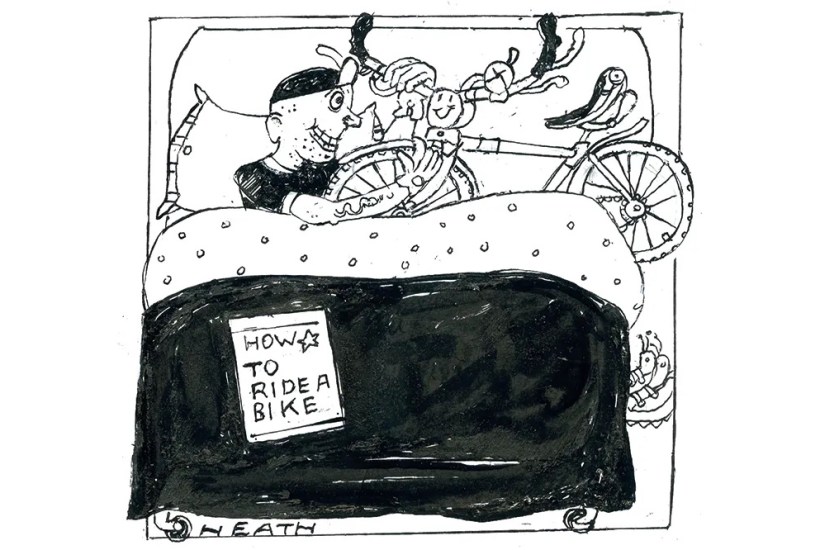Books that one often used to see in secondhand bookshops, when there were such things, were the World’s Classics editions of the novels of Constance Holme. Humphrey Milford, publisher to the University of Oxford 1913-45, put all of them into the handy blue-bound format. The Spectator gave her second novel, The Lonely Plough (1914), a short but respectful review, declaring the book to be about Lancashire farmers, even though it repeatedly makes clear that the setting is Westmorland, the county where the author lived all her life. The anonymous reviewer also said that ‘she contrives to use admirable English’.
I found it interesting that Holme used aquascutum, as people did (John Buchan for one) to mean ‘raincoat’, but she spelt it aquascutem, and then abbreviated it as ’scutem. It was surprising that OUP, or her original publishers Mills & Boon, perfectly respectable in those days, didn’t correct it. She also pictures two of her characters when ‘strenuous figures with bare knees and flapping overcoats push-biked past them’. This immediately reminded me of Orwell’s ‘old maids biking to Holy Communion through the mists of the autumn mornings’. John Major, when quoting the remark, had them bicycling, but biking it was.
As a verb, bike was first noticed in 1885 by Notes & Queries, the periodical that from its first issue in 1849 bore on its first page the motto: ‘When found, make a note of. – Captain Cuttle’ (a reference to Dombey and Son, published the year before). Biking is hardly used today, and push-biking never. The noun push-bike remains. I bridled when I heard it on a BBC item about that escaped prisoner from Wandsworth. It sounds demotic. If bike had been thought ambiguous, since it might mean ‘motorbike’ (as it has since 1903), then why not bicycle? At least we have not adopted the Australian pushie. The suffix –ie has been productive in Antipodean slang. From them we caught uni in the 1980s, and I was surprised that Veronica and other students adopted it. About 20 years ago someone in Australia came up with the selfie, and it has stuck.
Got something to add? Join the discussion and comment below.
Get 10 issues for just $10
Subscribe to The Spectator Australia today for the next 10 magazine issues, plus full online access, for just $10.
You might disagree with half of it, but you’ll enjoy reading all of it. Try your first month for free, then just $2 a week for the remainder of your first year.















Comments
Don't miss out
Join the conversation with other Spectator Australia readers. Subscribe to leave a comment.
SUBSCRIBEAlready a subscriber? Log in